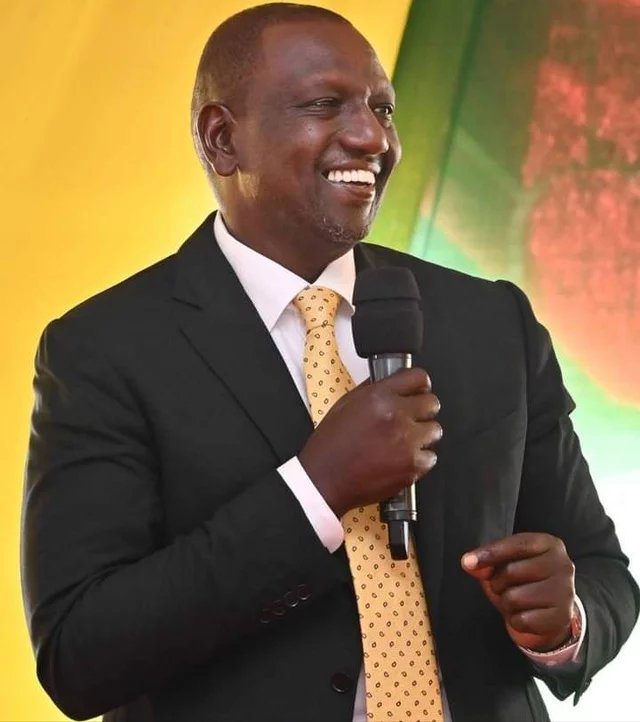
Kenya’s Independent Electoral and Boundaries Commission (IEBC) has declared Vice President William Ruto winner of the just concluded presidential election.
IEBC announced the final results of the tightly contested presidential election on Monday, in accordance with Kenya’s electoral laws.
IEBC chairman Wafula Chebukati and chief returning officer for the election declared Mr Ruto the fifth president of Kenya and issued him a certificate of return at the national tallying centre in the Bomas region.
The tally shows Mr Ruto won 126 constituencies with 7,152,655 votes while veteran presidential challenger Raila Odinga won in 146 constituencies with 6,942,708 votes with 18 constituencies pending (excluding diaspora and prisons) – a difference of 209,947 votes.
Data obtained and monitored from the website of Kenya’s Independent Electoral and Boundaries Commission (IEBC) showed a tight race between Mr Ruto and Mr Odinga.
According to Kenyan laws, a presidential candidate needs at least 50 per cent of the total vote, as well as one-quarter of the vote in 24 of Kenya’s 47 counties to be declared winner. Failure to meet that requirement sets both candidates up for a runoff to be held within 30 days.
Mr Ruto scored 50.49 per cent of votes as against Mr Odinga’s 48.85 per cent.
Kenya’s general elections were held on August 9 with four main candidates on the ballot. As of Saturday, the polls placed Mr Ruto behind Mr Odinga who had garnered 54 per cent and Ruto had 45 per cent.
Outgoing President Uhuru Kenyatta hosted a team of election observers from the African Union (AU) and Common Market for Eastern and Southern Africa (COMESA) at the state residence on Saturday as vote counting started.
“The team, led by former Sierra Leone president Ernest Bai Koroma, said the electoral process has been relatively transparent, and all the observers have issued positive reports,” Mr Kenyatta said in a statement.
Mr Ruto had worked as a street trader in his youth, the 55-year-old holds a PhD in plant ecology from the University of Nairobi. Mr Ruto had served as deputy president since 2013 but fell out with outgoing President Uhuru Kenyatta.
He had also faced charges by the International Criminal Court over post-election violence, though those charges were later dropped.
Mr Ruto’s policies include giving Kenyans subsidised health insurance cover and a fee waiver for poor households, an allocation of $420m annually to support small and medium-sized enterprises and support from his administration for a gender-balanced cabinet.
(NAN)



















